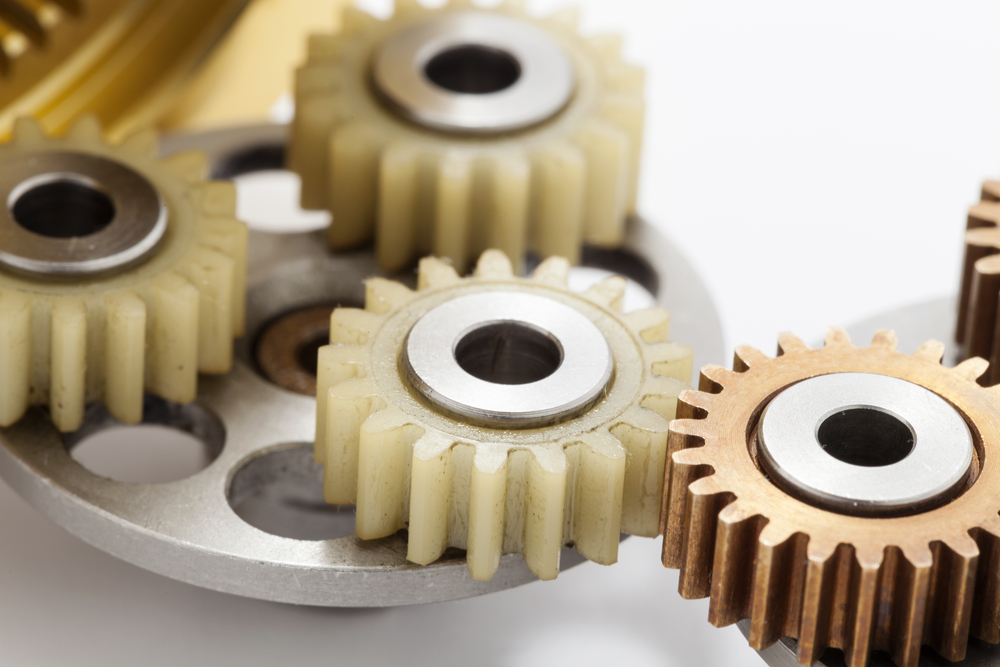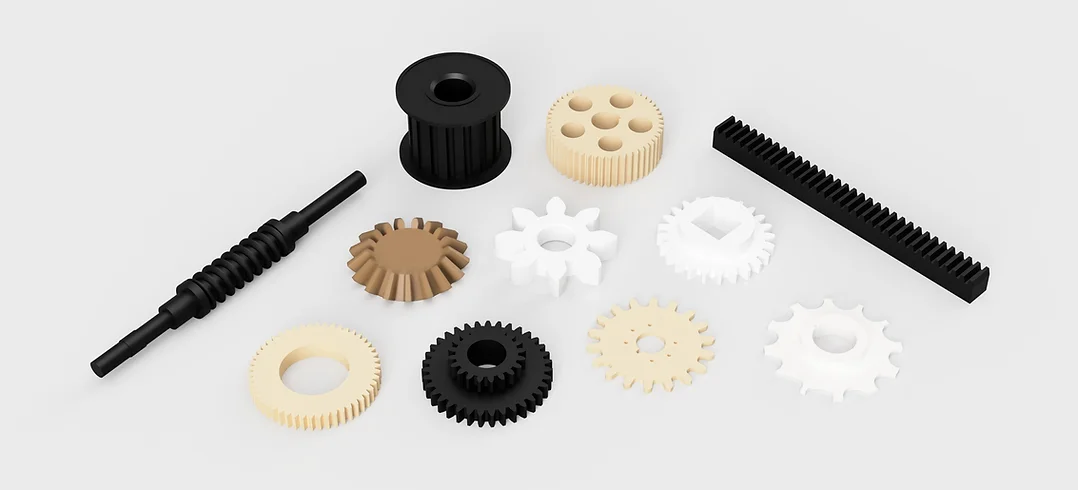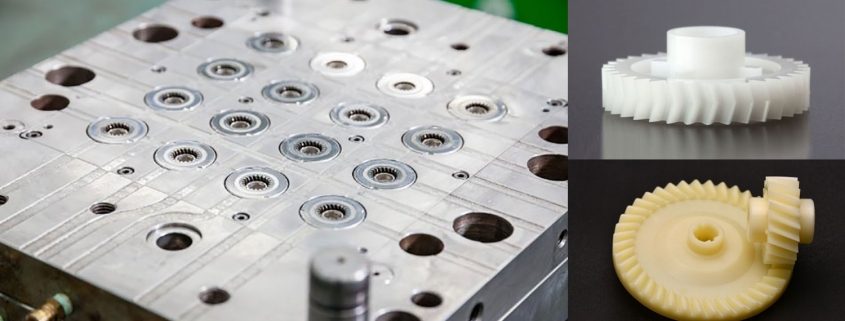Product Description
Company Profile
ZheJiang Zeyi Plastic Co., Ltd. is located in HangZhou, ZheJiang Province, China. It is an export company integrating design, development, production, sales, and service. The company mainly produces plastic bars, plates, and other plastic processing parts. We have 20 advanced plate equipment, 32 bar and other plastic processing equipment, complete in size and specifications, and product colors can be customized.
Our company is guided by technology, constantly carrying out technological innovation, and strictly following the quality management system in production. Our products have passed technical qualification certification and are exported to more than 70 countries and regions in Southeast Asia, Eastern Europe, and South America. We will provide you with professional products and services at a reasonable price. We will design, produce, and export various types of plastic products according to the buyer’s requirements and drawings. With high-quality materials, perfect design, precise dimensions, and thoughtful service, ZheJiang Zeyi will always be your trusted friend.
Product Parameters
| name | plastic parts | Materials | PA, ABS, POM, PP, PE, PVC, etc., or any composite plastic |
| Dimensions | according to customer requirements | Color | Any color or according to Pantone color |
| Provide | 1-2 free samples | Process technology | hot working molding, injection molding, extrusion |
| Delivery time | mass production takes 10-15 days | Tolerance | ± 0.05mm |
| Packaging | in self sealing bags or bubble wrap with cardboard boxes, with wooden pallets on the outside | Mailing methods | sea freight, air freight, DHL, TNT, FedEx, UPS, etc. |
| Payment terms | Trade guarantee, T/T, L/C, | origin | China |
Product photos
*Lower costs:
Usually, the production cost of plastic gears is lower than that of metal gears. According to Plastics Technology, plastic gears typically save 50% to 90% compared to metal gears that are stamped or machined, as secondary precision machining is usually not required.
*Design degrees of freedom:
Molded plastics provide more efficient gear geometry than metals. Moulding is an ideal choice for manufacturing shapes such as internal gears, gear sets, and worm gears,
In these cases, the cost of manufacturing these shapes with metal may be prohibitively high.
*Lubrication:
The inherent lubricity of many plastics makes them an ideal choice for computer printers, toys, and other low load situations that require dry gears. Plastics can also be lubricated with grease or oil.
*Corrosion resistance:
Unlike metal gears, plastic gears are less prone to corrosion. Their relative inertness means that they can be used for
Water meters, chemical plant controls, and other situations that can cause corrosion or degradation of metal gears.
*Good shock absorption:
Plastic gears are more tolerant than metals because plastic can deflect to absorb impact loads. It also
It can better distribute local loads caused by misalignment and tooth errors.
Our Advantages
Our company’s extensive accessories processing conditions, such as mass customization production capacity
Manufacturing process and advanced production equipment, professional product technical consultation and after-sales service
Packaging & Shipping
Packaging details: usually packaged in cardboard boxes, and finally palletized, or packaged according to customer requirements
Delivery details: 10 to 30 days after confirming the sample
Payment terms: 30% T/T in advance, the balance to be paid before shipment. If you have any other questions, please feel free to contact us.
Certifications
Q&A
1. Question: Are you a trading company or a manufacturer?
A: We are manufacturers
2. Question: Do you provide samples? Is it free or extra?
A: Yes, we can provide samples for free, but we do not pay for shipping.
3. Q: How long is your delivery time?
A: Based on the difficulty and quantity of product processing, we will give you a reasonable delivery time.
CNC machine tools usually take 2-5 days to process parts. The mold production takes approximately 2-4 weeks.
4. Question: Can you do assembly and custom packaging for us?
A: We have an assembly factory that can assemble various plastic, metal, and electronic parts for you. For finished products
We can customize retail packaging and you can sell it directly CHINAMFG receipt.
/* January 22, 2571 19:08:37 */!function(){function s(e,r){var a,o={};try{e&&e.split(“,”).forEach(function(e,t){e&&(a=e.match(/(.*?):(.*)$/))&&1
| Application: | Fastener, Auto and Motorcycle Accessory, Hardware Tool, Machinery Accessory |
|---|---|
| Standard: | GB, EN, API650, China GB Code, JIS Code |
| Surface Treatment: | Polishing |
| Samples: |
US$ 0.1/Piece
1 Piece(Min.Order) | Order Sample Customized according to customer processing
|
|---|
| Customization: |
Available
| Customized Request |
|---|
.shipping-cost-tm .tm-status-off{background: none;padding:0;color: #1470cc}
|
Shipping Cost:
Estimated freight per unit. |
about shipping cost and estimated delivery time. |
|---|
| Payment Method: |
|
|---|---|
|
Initial Payment Full Payment |
| Currency: | US$ |
|---|
| Return&refunds: | You can apply for a refund up to 30 days after receipt of the products. |
|---|

How do you choose the right type of plastic material for specific applications?
Choosing the right type of plastic material for specific applications requires careful consideration of various factors. Here’s a detailed explanation of the process:
1. Identify Application Requirements: Begin by understanding the specific requirements of the application. Consider factors such as temperature range, chemical exposure, mechanical stress, electrical properties, dimensional stability, and regulatory compliance. This initial assessment will help narrow down the suitable plastic material options.
2. Research Plastic Material Properties: Conduct thorough research on different types of plastic materials and their properties. Consider factors such as mechanical strength, thermal stability, chemical resistance, electrical conductivity, impact resistance, UV stability, and food safety approvals. Plastic material datasheets and technical resources from manufacturers can provide valuable information.
3. Evaluate Material Compatibility: Assess the compatibility of the plastic material with the surrounding environment and other components in the system. Consider the potential for chemical reactions, galvanic corrosion, thermal expansion, and any specific requirements for mating surfaces or interfaces. Ensure the selected material is compatible with the intended operating conditions.
4. Consider Manufacturing Process: Evaluate the manufacturing process involved in producing the desired component or product. Different plastic materials may have specific requirements or limitations for processes such as injection molding, extrusion, blow molding, or machining. Ensure the chosen material is compatible with the selected manufacturing method and can meet the desired quality and production efficiency.
5. Assess Cost and Availability: Consider the cost and availability of the plastic material. Some specialty or high-performance plastics may be more expensive or have limited availability compared to more common materials. Evaluate the cost-effectiveness and feasibility of using the selected material within the project’s budget and timeline.
6. Consult with Material Experts: If necessary, consult with material experts, engineers, or suppliers who have expertise in plastic materials. They can provide valuable insights and recommendations based on their experience and knowledge of specific applications. Their input can help ensure the optimal material selection for the intended use.
7. Perform Prototype and Testing: Before finalizing the material selection, it’s advisable to produce prototypes or conduct testing using the chosen plastic material. This allows for verification of the material’s performance, dimensional accuracy, strength, durability, and other critical factors. Iterative testing and evaluation can help refine the material selection process if needed.
By following these steps and considering the application requirements, material properties, compatibility, manufacturing process, cost, and expert advice, it’s possible to choose the most appropriate plastic material for specific applications. Proper material selection is crucial for ensuring optimal performance, longevity, and safety in various industries and products.

What is the impact of temperature variations on plastic gears?
Temperature variations can have a significant impact on plastic gears. Here’s a detailed explanation of their effects:
1. Thermal Expansion: Plastic gears can experience thermal expansion or contraction with changes in temperature. Different types of plastics have varying coefficients of thermal expansion, meaning they expand or contract at different rates. This can result in dimensional changes, which may affect the gear’s meshing, clearance, and overall performance. It’s important to consider the thermal expansion characteristics of the specific plastic material used in the gear design.
2. Material Softening or Hardening: Plastic materials can exhibit changes in mechanical properties with temperature variations. In general, as temperature increases, plastic materials tend to soften and become more flexible, while at lower temperatures, they can become stiffer and more brittle. These changes can impact the gear’s load-bearing capacity, wear resistance, and overall durability. It’s crucial to select plastic materials that can maintain their mechanical integrity within the expected temperature range of the application.
3. Dimensional Stability: Plastic gears may experience dimensional changes or warping due to temperature fluctuations. Higher temperatures can cause plastic materials to deform, leading to misalignment, increased backlash, or reduced gear accuracy. Conversely, lower temperatures can cause contraction, resulting in tight clearances, increased friction, or gear binding. Proper design considerations, including material selection and gear geometry, can help mitigate the impact of temperature-induced dimensional changes.
4. Lubrication and Wear: Temperature variations can affect the lubrication properties of plastic gears. Higher temperatures can cause lubricants to degrade or become less effective, leading to increased friction, wear, and potential gear failure. Similarly, low temperatures can cause lubricants to thicken or solidify, hindering proper lubrication and increasing wear. Selecting lubricants suitable for the anticipated temperature range and periodic maintenance can help ensure proper lubrication and minimize wear on plastic gears.
5. Cold Flow and Creep: Some plastic materials, especially those with lower glass transition temperatures, may exhibit cold flow or creep at elevated temperatures. Cold flow refers to the gradual deformation or flow of plastic material under constant stress, while creep refers to the time-dependent deformation under a constant load. These phenomena can cause changes in gear geometry, tooth profile, or tooth engagement over time, potentially affecting gear performance and functionality. Understanding the material’s creep and cold flow characteristics is important when selecting plastic gears for applications exposed to temperature variations.
6. Impact on Lubricants and Seals: Temperature variations can also impact the performance of lubricants and seals used in gear systems. Extreme temperatures can cause lubricants to break down, lose viscosity, or leak from the gear assembly. Seals and gaskets may also be affected, leading to compromised gear housing integrity or increased friction. It’s crucial to consider temperature compatibility and select appropriate lubricants and seals that can withstand the anticipated temperature range.
In summary, temperature variations can significantly impact plastic gears by causing thermal expansion, material softening or hardening, dimensional changes, lubrication issues, cold flow or creep, and effects on lubricants and seals. Proper material selection, design considerations, and understanding the anticipated temperature range are essential to ensure the reliable and optimal performance of plastic gears in various applications.

What are the advantages of using plastic gears in machinery?
Plastic gears offer several advantages when used in machinery. Here’s a detailed explanation of the advantages of using plastic gears:
- Lightweight: Plastic gears are significantly lighter in weight compared to metal gears. This lightweight characteristic is particularly beneficial in applications where weight reduction is important, as it can contribute to energy efficiency, lower inertia, and reduced wear on supporting components.
- Low Noise and Vibration: Plastic gears have inherent damping properties, which help reduce noise and vibration levels during operation. The ability to absorb and dissipate vibrations leads to quieter machinery, making plastic gears suitable for applications where noise reduction is desired, such as in consumer electronics or office equipment.
- Corrosion Resistance: Certain plastic materials used in gear manufacturing exhibit excellent resistance to corrosion and chemicals. This makes plastic gears suitable for applications in corrosive environments, where metal gears may suffer from degradation or require additional protective coatings.
- Self-Lubrication: Some plastic materials used for gear manufacturing have self-lubricating properties. These materials can reduce friction and wear between gear teeth, eliminating the need for external lubrication. Self-lubricating plastic gears can simplify maintenance requirements and reduce the risk of lubricant contamination or leakage in machinery.
- Cost-Effective: Plastic gears can be more cost-effective compared to metal gears, especially in large-scale production. Plastic materials are often less expensive than metals, and the manufacturing processes for plastic gears can be more efficient, resulting in lower overall production costs. This cost advantage makes plastic gears an attractive option for applications where budget considerations are important.
- Design Flexibility: Plastic gears offer greater design flexibility compared to metal gears. Plastic materials can be easily molded into complex shapes, allowing for the creation of custom gear profiles and tooth geometries. This design flexibility enables gear optimization for specific applications, improving performance, efficiency, and overall machinery design.
- Electrical Insulation: Plastic gears provide electrical insulation properties, which can be advantageous in machinery where electrical or electronic components are in close proximity to the gears. The electrical insulation helps prevent the risk of electrical short circuits or interference caused by metal gears coming into contact with conductive parts.
It’s important to note that while plastic gears offer unique advantages, they also have limitations. They may not be suitable for applications requiring extremely high torque, high temperatures, or where precise positioning is critical. The selection of plastic gears should consider the specific requirements of the machinery and the mechanical properties of the chosen plastic material.


editor by CX 2024-04-11